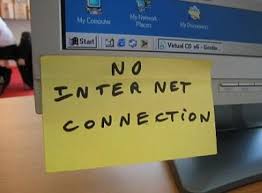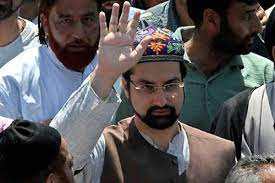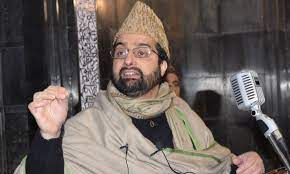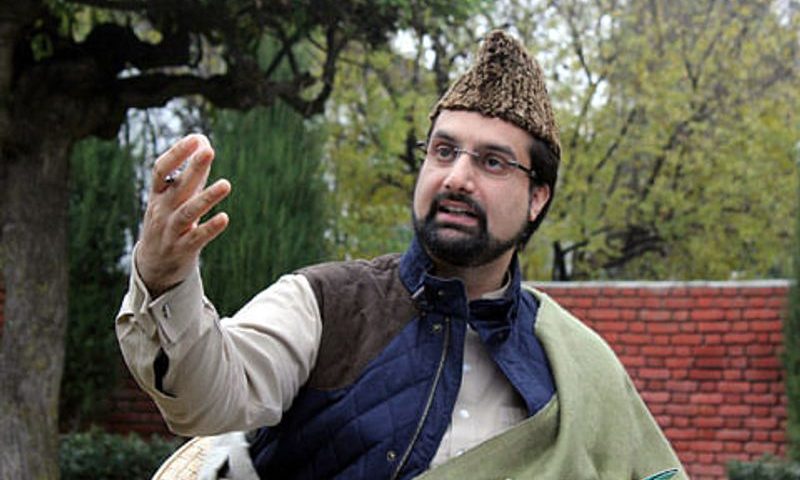 As angry street protests and stone-throwing incidents continued unabated following the death of Hizbul Mujahideen militant Burhan Wani, mobile services remained blocked in southern parts of Kashmir for the fifth day on Wednesday.
As angry street protests and stone-throwing incidents continued unabated following the death of Hizbul Mujahideen militant Burhan Wani, mobile services remained blocked in southern parts of Kashmir for the fifth day on Wednesday.
The protests erupted on Saturday, a day after security personnel shot dead the 22-year-old social media savvy militant. According to officials, at least 32 people have died and 1,365 injured in the violent protests till now.
Police and government officials say that banning mobile and internet services is a ‘violence control measure’ to prevent rumour mongering that ‘stokes more anger’.
“We don’t want people to spread rumours on social media that’s why the internet remains banned in Kashmir. This has been specifically done to control violence from spreading to other parts of the valley,” a top police source wishing anonymity said.
Authorities have in the past blocked mobile and internet services whenever protests have broken out in any part of the valley and residents allege that the ‘information blackout’ is a tactic used by the government to keep the people of the valley uninformed about the killings.
“We hardly know what is happening in other parts of Kashmir. We don’t know about who has been killed where. The government doesn’t want to us know how they are killing people,” a Baramulla resident told Hindustan Times over the phone.
People say local newspapers, television news channels and the state-run radio services are the only sources of information. But as access to local newspapers is limited to curfew and strict restrictions, they claim radio and TV channels don’t report the truth.
“We could have remained updated via the internet but it’s being banned. TV channels also don’t tell you what actually is happening. Once in a while, they’ll tell you about the death toll. The state-run radio doesn’t even sometimes mention that people are being killed here,” a Srinagar resident told Hindustan Times.
Javed – a volunteer at a Srinagar hospital – said that contacting other volunteers and doctors in hospitals in south Kashmir where the rate of causality is very high, hasn’t been easy.
“Yesterday, a private doctor, who runs a clinic in south Kashmir, had to come to Srinagar just to let us know that he wants to work with us. We are using phone calls and SMS service to communicate with people in Srinagar. We fear that might even be banned if the situation worsens,” Javed said.
Kashmiris living outside the state are also worried about their families as they have not been able to contact them.
“The last time I talked to my family was on Friday. I could hear slogans chanted on the mosque loudspeakers. Since then I couldn’t make any contact with my family in Islamabad. Phone lines aren’t working,” Khalid, who works in New Delhi, said.
Government sources said that mobile and internet services will remain suspended in some parts of Kashmir till the volatile situation in the valley is normal.






